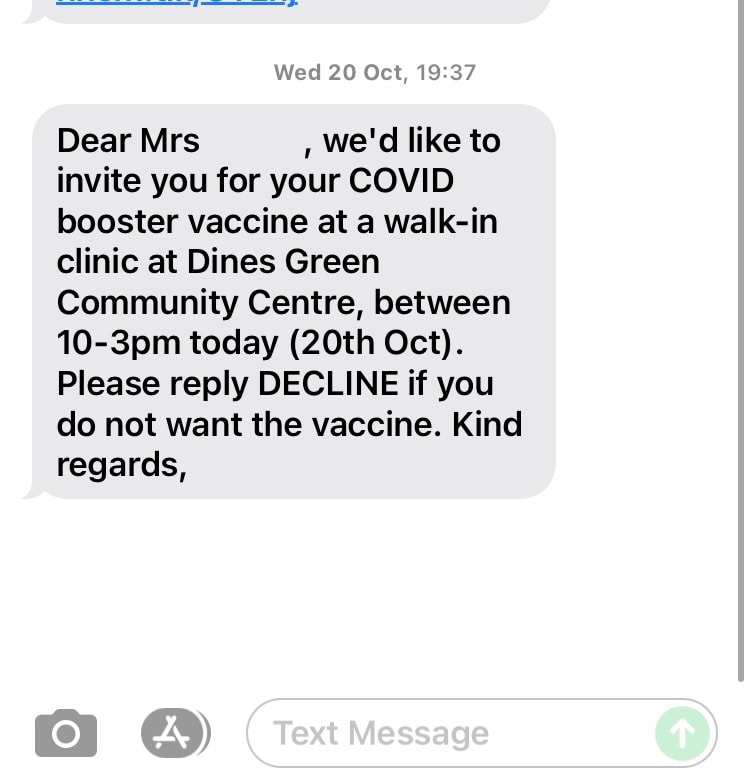Are people with ME/CFS eligible for a Covid booster vaccine?
The ME Association (MEA) are giving explanations to queries they’ve received.
April 18, 2024
We are starting to receive queries about whether people with ME/CFS are going to be eligible for the Spring Covid vaccine booster - if you decide that you would like to have one. The eligibility criteria have changed and become more restrictive - so they now only cover two basic groups:
- First: everyone over the age of 75 who wants a booster,
- Second: people who have immune system suppression - in other words a seriously weakened immune system.
In fact, some of the research evidence in ME/CFS points towards low level immune system activation (in other words an over-active immune system) rather than immunosuppression.
ME/CFS is not therefore on the list of named immuno suppressed conditions in the guidance that has just been published by the UK Health Security Agency (UKHSA). The full list of immunosuppressed conditions can be found in tables 3 and 4 in Chapter 14a of the NHS Green Book.
Consequently, unless you are over the age of 75, it's unlikely that you are going to be offered a Spring Covid booster on the basis of having ME/CFS.
Please note that the ME Association is here to provide balanced and accurate information on Covid vaccines – which is what we have been doing since Covid vaccines became available.
We are well aware that some people have suffered an adverse reaction to one of the Covid vaccines and will not want to have another vaccination. On a personal basis, I had a serious reaction to a booster that resulted in vasculitis (blood vessel inflammation).
I am going to carry out some further investigation into eligibility for the Spring booster and will then produce a further summary of the situation.
Further Information
- How to book an NHS appointment if you are eligible and want to have the booster.
- NHS Green Book – Chapter 14a.
- UKHSA Covid spring booster information | 16 April 2024.
Dr Charles Shepherd,
Trustee and Hon. Medical Adviser to the ME Association.
• Coronavirus (COVID 19) • M.E. Association

 RSS Feed
RSS Feed
